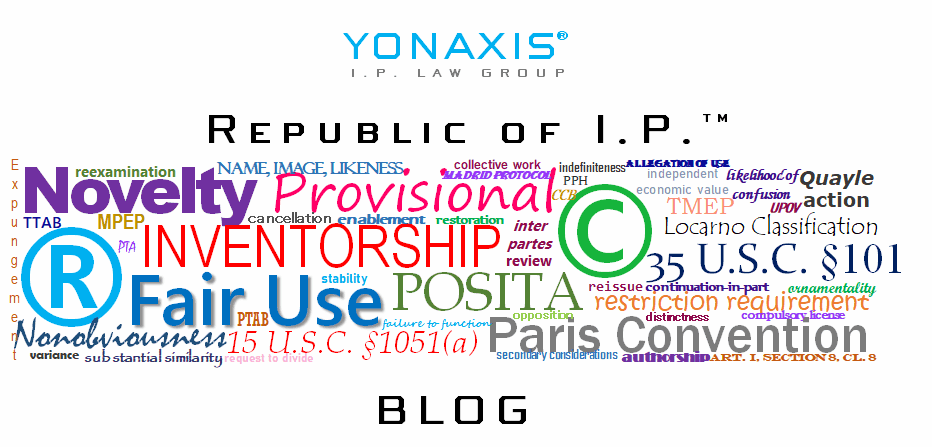On January 13, 2020, the U.S. Supreme Court denied petitions for writs of certiorari in four cases dealing with patent subject matter-eligibility: HP Inc. v. Berkheimer, Hikma Pharms., Inc. v. Vanda Pharms., Inc., Garmin USA, Inc. v. Cellspin Soft, Inc., and Athena Diagnostics, Inc. v. Mayo Collaborative Servs., which was discussed earlier on this blog. This means the court will let stand the decisions of the Court of Appeals for the Federal Circuit in those cases, including the fractious opinion in the Athena case, which many observers believed was a prime candidate for review before the high court on the messy are of patent eligibility under 35 U.S.C. §101.
Overshadowed by the §101 cases was another case, Regents of Univ. of Minn. v. LSI Corp., which was quietly denied writ of certiorari by the Supreme Court on the same order list. This case, which we discussed the Fed Circuit opinion earlier on this blog, held that there was no state sovereign immnunity under the Eleventh Amendment in IPRs. The denial of the petition for writ of certiorari means the decision of the Fed Circuit is precedent on this issue.
